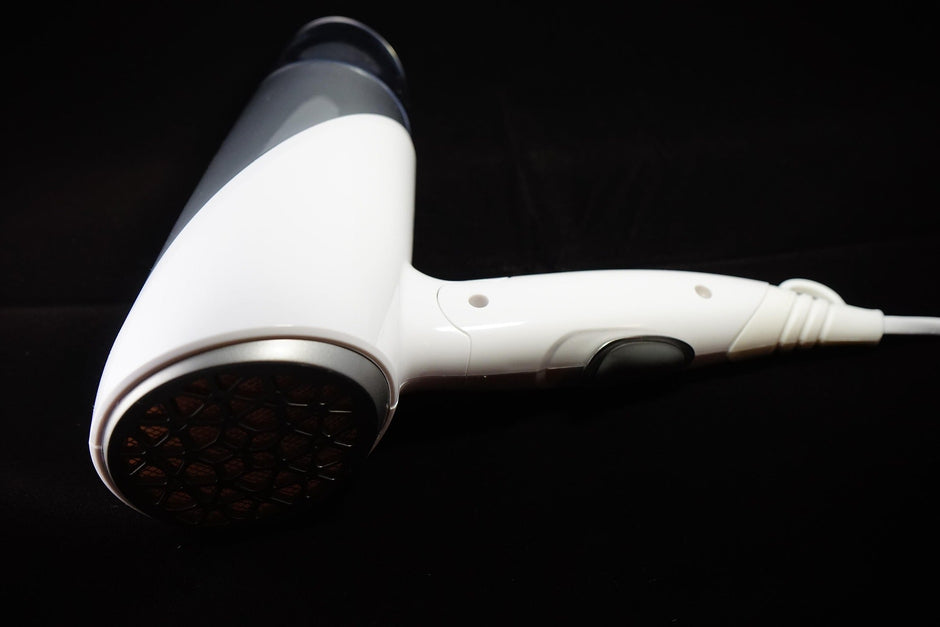Thinning hair can be a distressing experience for many women. It can impact self-esteem and confidence, leading to a search for effective solutions. Understanding the causes, treatments, and preventive measures can empower women to manage and improve their thinning hairline.
Table of content
What causes a thinning hairline in women?
A thinning hairline in women can be attributed to various factors, including hormonal changes, genetics, stress, and certain medical conditions. Hormonal changes, particularly those related to menopause or thyroid issues, can significantly affect hair growth. Genetic predisposition, often seen in female pattern baldness, can lead to gradual thinning over time. Stress, whether from emotional or physical sources, can trigger hair loss as well. Medical conditions such as alopecia areata, polycystic ovary syndrome (PCOS), and other health issues can also contribute to a thinning hairline.
As your leading source for hair health information over the past 4 years, we never compromise on accuracy. When it comes to your health, you deserve information you can truly rely on - and earning your trust is our top priority.
Here's how Scandinavian Biolabs ensures every piece of content meets the highest standards of accuracy and integrity:
- Credentialed Experts: Our reviewers are actively practicing doctors and medical researchers
- Stringent Reviews: Content undergoes rigorous editing by subject specialists and review by a practicing doctor.
- Evidence-Based: We rely on well-established research from trusted scientific sources like peer-reviewed journals and health authorities.
- Full Transparency: Our editorial standards, writer credentials, reviewer credentials, correction process, and funding are all publicly documented.
- Independent Voice: While we do promote products, we operate in a vacuum to business operations. Our main goal is just an unwavering commitment to providing medically-sound guidance.
You can count on Scandinavian Biolabs to consistently deliver the trustworthy health information you deserve. Read our Editorial Standards.
How can women treat a thinning hairline?
There are several treatment options available for women experiencing a thinning hairline. Over-the-counter topical treatments like minoxidil can stimulate hair growth and are FDA-approved for use in women. Prescription medications such as finasteride may also be effective but require consultation with a healthcare provider. Hair restoration procedures, including hair transplants and platelet-rich plasma (PRP) therapy, have gained popularity and shown promising results. Additionally, incorporating a balanced diet rich in vitamins and minerals, such as biotin and iron, can support healthy hair growth.
What preventive measures can women take to avoid a thinning hairline?
Preventing a thinning hairline involves several proactive steps. Maintaining a healthy lifestyle, including a balanced diet and regular exercise, can improve overall hair health. Managing stress through mindfulness practices, yoga, or therapy can help reduce hair loss associated with stress. It's also important for women to avoid harsh hair treatments, limit heat styling, and choose gentle hair care products to minimize damage. Regular scalp massages can stimulate blood circulation, promoting healthy hair growth. Consulting with a dermatologist or trichologist can provide personalized recommendations and early intervention strategies.
Are there specific hairstyles to avoid for women with thinning hairlines?
Certain hairstyles can exacerbate thinning hairlines in women. Tight hairstyles such as ponytails, braids, or buns can put stress on hair follicles, leading to traction alopecia. It's advisable to opt for looser styles that do not pull on the hair. Additionally, minimizing the use of hair extensions or wigs that add weight and tension to the hair can prevent further damage. Embracing hairstyles that add volume, such as layered cuts or textured styles, can also create the illusion of thicker hair.
When should women seek professional help for a thinning hairline?
If hair thinning is sudden, patchy, or accompanied by other symptoms like scalp irritation or severe itching, it is crucial to consult a healthcare professional. A dermatologist can diagnose underlying conditions that may be contributing to hair loss and recommend appropriate treatments. Early intervention can often lead to better outcomes and prevent further loss. Women should also seek help if they notice significant changes in their hair density or if traditional treatments do not yield results.
What lifestyle changes can support healthier hair growth for women?
In addition to medical treatments, several lifestyle changes can support healthier hair growth for women experiencing thinning hairlines. Ensuring adequate hydration and a diet rich in antioxidants can help combat oxidative stress, which affects hair health. Foods high in omega-3 fatty acids, such as salmon and walnuts, can improve scalp health and promote hair growth. Additionally, avoiding smoking and limiting alcohol consumption can also enhance hair vitality. Regularly incorporating relaxation techniques can further mitigate stress, contributing to a healthier hair growth environment.
Conclusion
A thinning hairline in women can be influenced by a multitude of factors, but understanding these causes and implementing effective treatments and preventive measures can lead to positive outcomes. By embracing a holistic approach that includes medical advice, lifestyle adjustments, and proper hair care, women can regain confidence and promote healthier hair growth. Seeking professional guidance when necessary ensures that women can address their specific needs and find the most effective solutions for their thinning hairline.
Tired of Thinning Hair? Try a Clinically Tested Serum.
Looking for a natural way to regrow hair and achieve a thicker, fuller head of hair? Ditch the stinging nettle for hair loss – Bio-Pilixin Serum is a drug-free hair activation serum that delivers clinically tested results.
Here's why Bio-Pilixin is superior:
- Clinically Tested Results: 93% of users saw a reduction in hair loss, and 73% experienced increased hair density.
- Safe and Natural: Unlike harsh chemicals, Bio-Pilixin uses plant growth factors derived from stem cell technology to nourish hair follicles and stimulate growth.
- Fast-Acting: See visible results in as little as 45 days (most typically see results within 150 days).
Stop wasting time on unproven remedies. Bio-Pilixin is the safe & effective serum you've been searching for.
Read more:






